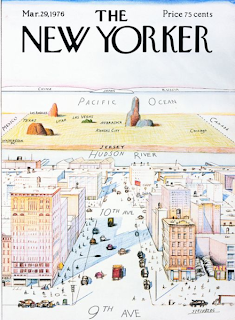Alex Comments: Interesting Book Review.
The risk-factor world holds out hope for avoiding cancer while recruiting masses of us into the anxious state of the “precancerous.” The physician and historian Robert Aronowitz offers an acute illustration of the problem: a fifty-eight-year-old woman diagnosed with breast cancer has a lumpectomy, followed by local radiation and months of chemo. After that, she is put on the anti-estrogen Tamoxifen for five years. As she finishes that course of treatment, she weighs the decision whether to go on a different type of hormonal therapy and what type and frequency of M.R.I. or mammogram to get. She is an active member of a breast-cancer-survivor group, and she closely monitors the latest developments on the Web. Meanwhile, another woman, the same age, has not received a breast-cancer diagnosis. She has, however, taken supplementary estrogen pills for several years in connection with menopause, and her doctor now tells her to stop, because estrogen may constitute a risk factor for breast cancer. She has been getting annual mammograms since she was forty, and four years ago an abnormal mammogram was the occasion for an aspiration biopsy. This proved negative, but her anxiety increases. She surfs the Web for information about risk factors, and she is struck by direct advertisements for Tamoxifen to prevent the development of breast cancer, for which she now believes she is at serious risk. The first woman had cancer; the second woman does not have cancer. But their experiences eerily resemble each other.
Read more http://www.newyorker.com/arts/critics/books/2010/11/08/101108crbo_books_shapin?currentPage=all#ixzz142wUXaq8

